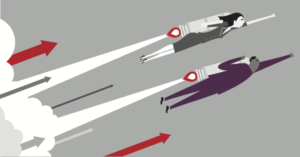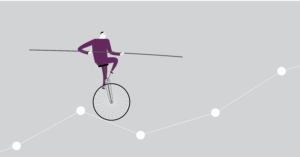
Tonight begins the Days of Awe in the Jewish religion. Rosh Hashanah, the celebration of the New Year in the Hebrew calendar, marks this period’s start; Yom Kippur, the Day of Atonement, marks the end. It’s a time for reflection, which I enjoy, even though I do not consider myself religious.
The prayer we read at the opening of the service goes something like this, ” On Rosh Hashanah, it is written, and on Yom Kippur, it will be sealed – how many will pass from the earth and how many will be created; who will live and who will die. I’ve always been uncomfortable with the idea that everything is pre-ordained, yet the Stoics remind us of the same thing, Amori Fatal, Momento Mori. The message of the ancient rabbis and the ancient Stoics is the same, make today matter, it may be all you have.
For me, this reminder causes me to pause, reflect, ask and affirm that what I am doing today, and each day, in the words of Steve Jobs, is what I would be doing if I knew today was my last. L’Shana Tova, Happy New Year.







 The initial results of my Pivot are excellent. I feel I have much greater clarity regarding the next 3-5 years..
The initial results of my Pivot are excellent. I feel I have much greater clarity regarding the next 3-5 years.. 